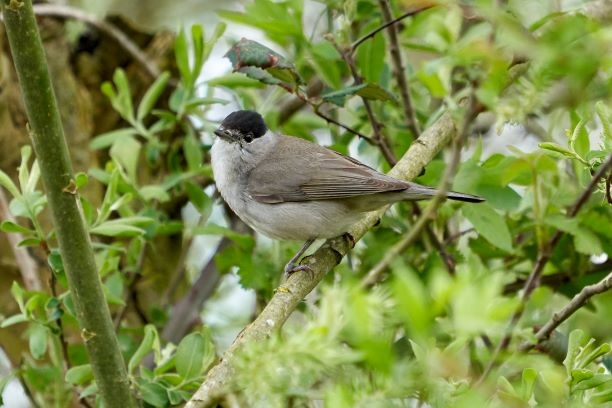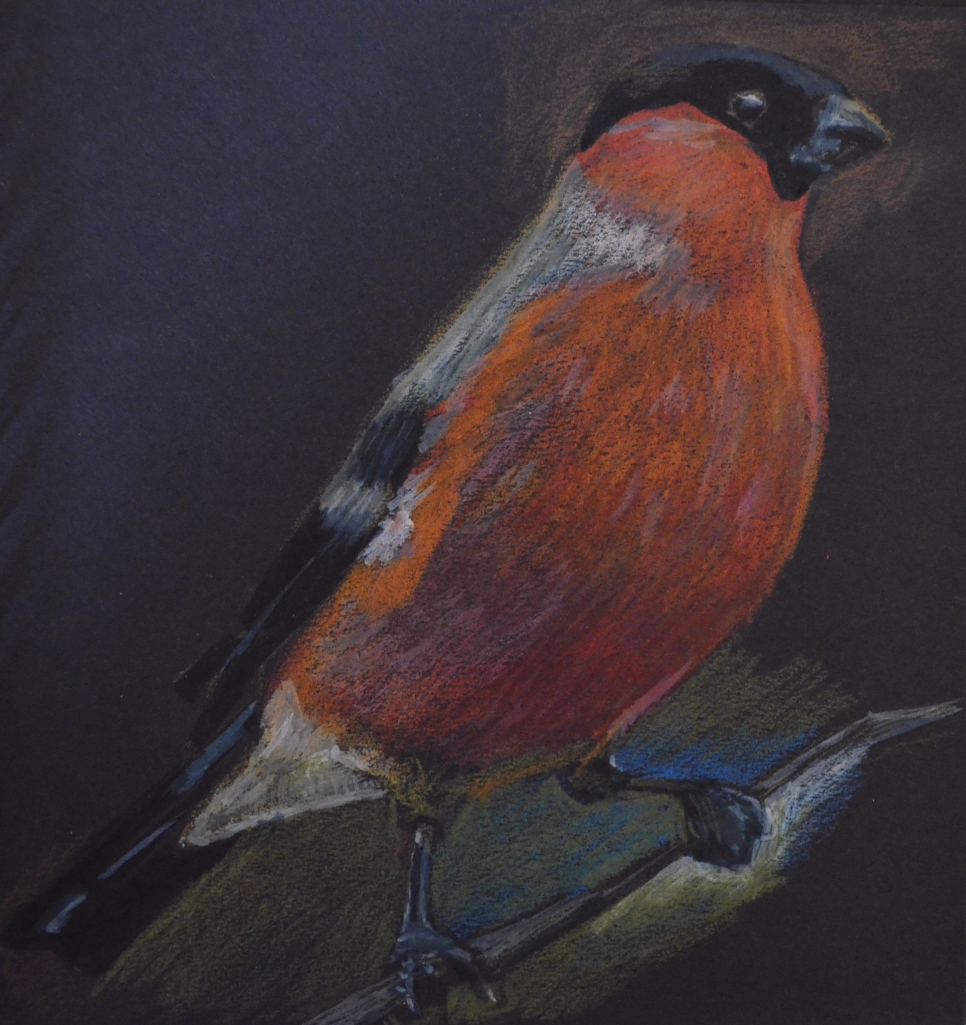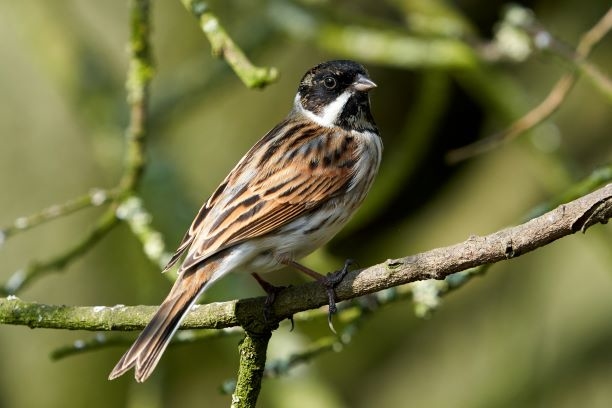Cause for celebration over crane chicks
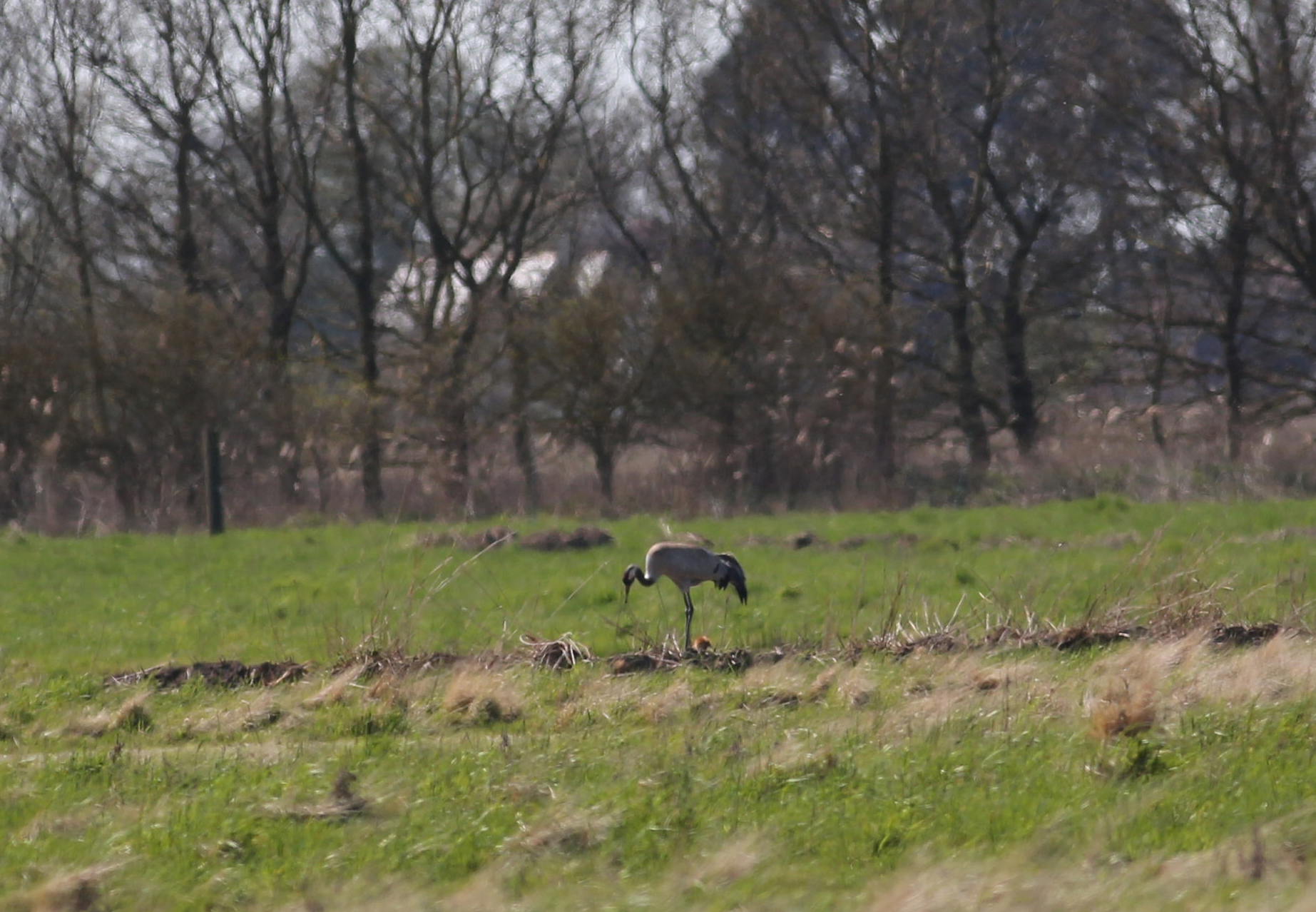
The common crane Grus grus has successfully bred for the first time at WWT Welney Wetland Centre. The birds arrived on 21st March and to the delight of visitors, staff and volunteers they nested within sight of the visitor centre. These scarce birds are shy and secretive during the breeding season, which could be why they chose the most peaceful corner of this wetland reserve.
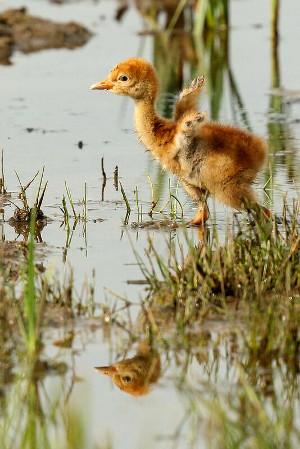
At four feet tall (1.2m), the adult birds can easily be seen with binoculars. The pair both take an active role in the incubation process and have been seen sharing the responsibility of brooding the eggs, swapping over every couple of hours.
The chicks are only about 6 inches tall (15cm) when they hatch, and are quickly able to walk, swim and run. Over the next 10 weeks both the parent birds will protect these precious chicks from predation and teach them how to find the food they need to grow.
Leigh Marshall, Centre Manager, said:
‘The area of wetlands that the cranes have chosen to nest on is less than ten years old, and was previously arable farmland. The development of this habitat was specifically for wet springs, such as the one we have experienced this year, when the Ouse Washes are storing water to protect the surrounding land and communities.
‘This most recent breeding success is adding to an increasingly impressive list of species which include the black-winged stilt and black-tailed godwit.’
Hetty Grant, Warden, said:
‘The cranes have done well to protect the eggs from the cold, wet weather we have had this spring. Staff and volunteers monitored the cranes and their nest, this meant we could glean insight into some of their most secret behaviours, ensure that they weren’t disturbed, and react quickly to prevent the nest from flooding.'
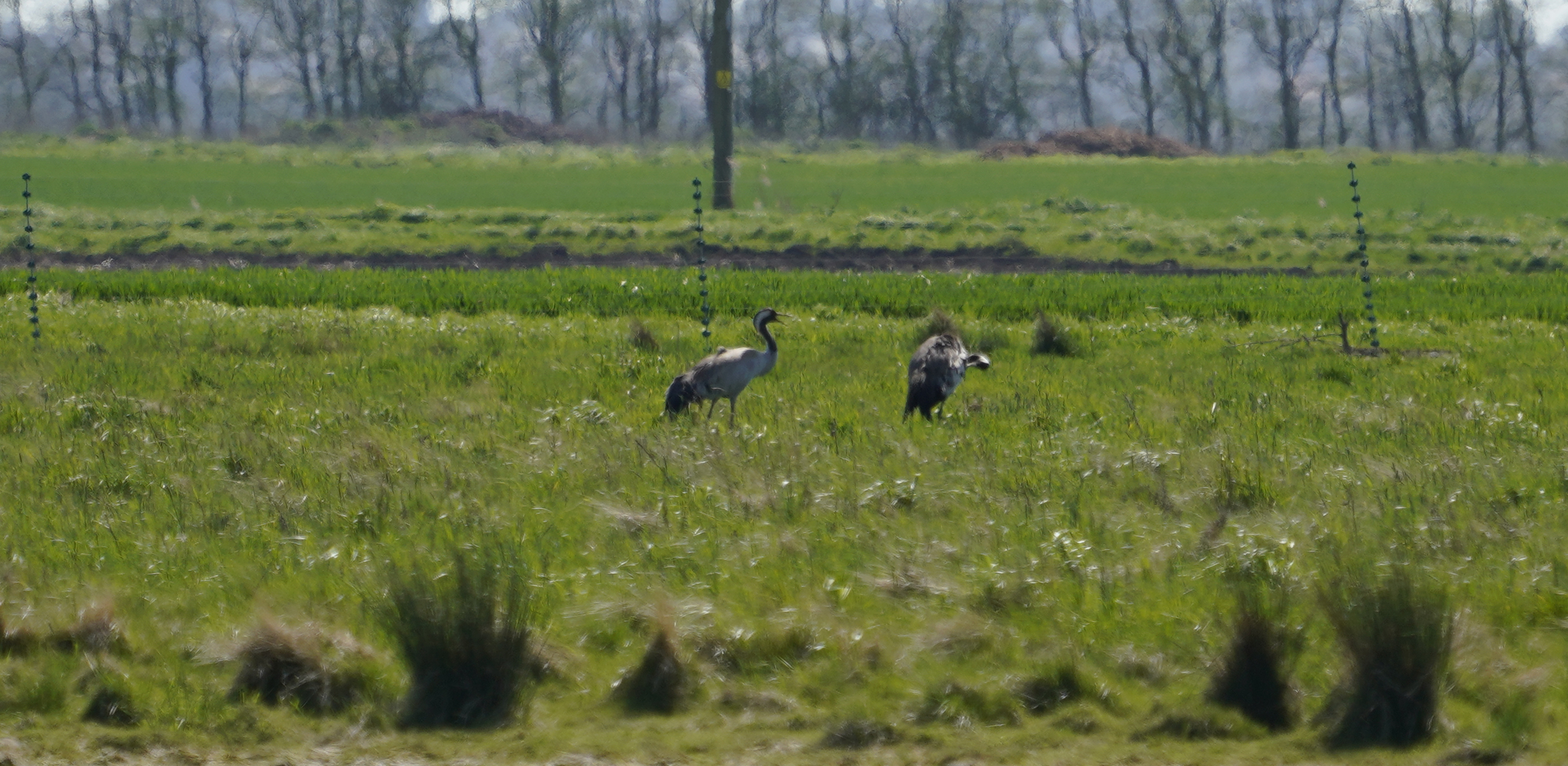
In recent years crane sightings have become more regular at WWT Welney as the Fens population increases and begins to expand across the region. Up to 30 cranes gathered in a post-breeding flock last autumn, feeding on the Ouse Washes right in front of the birdwatching hides. This may mean that the family group will stay close to the wetlands at WWT Welney even after the chicks have fledged.
